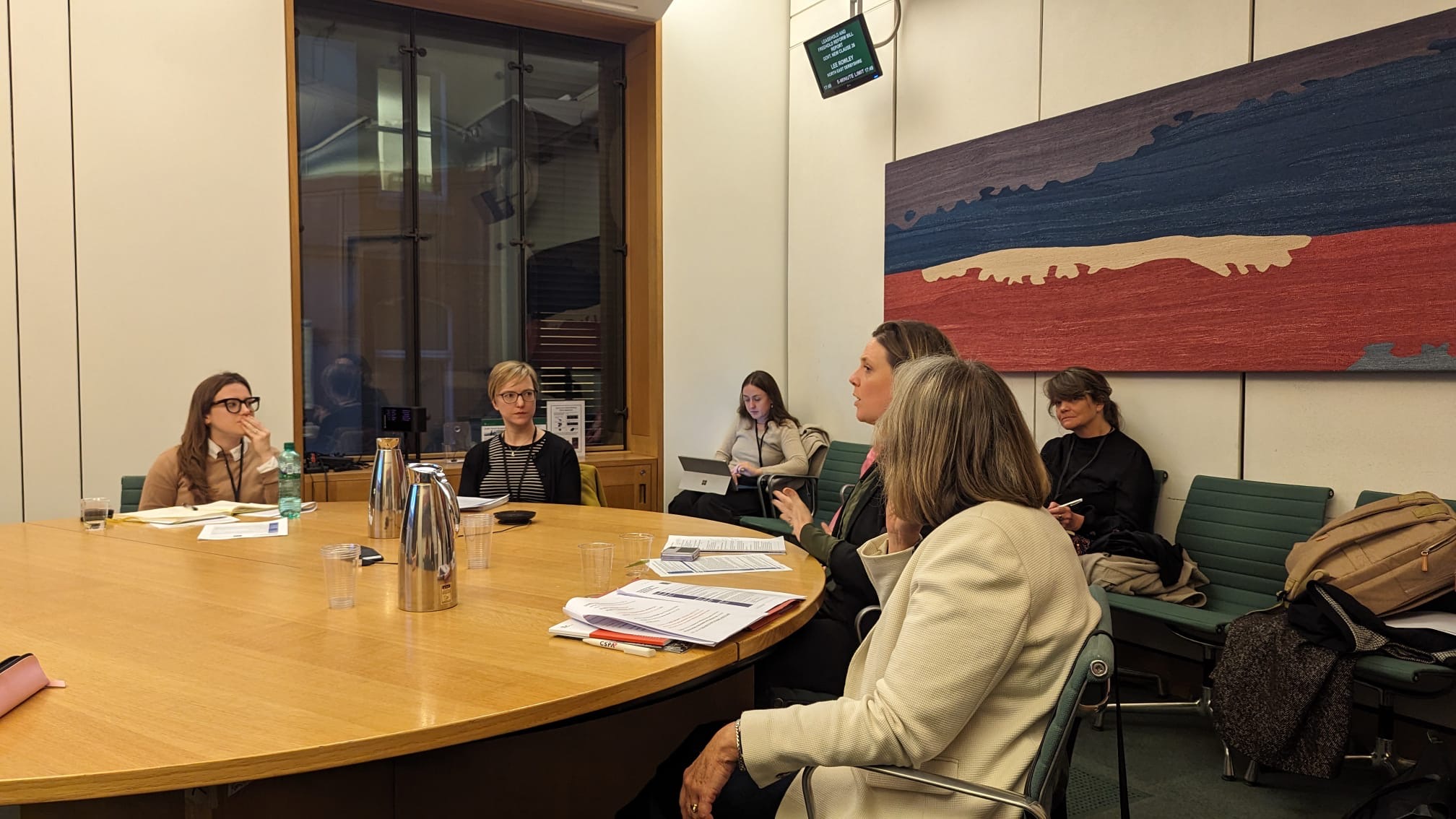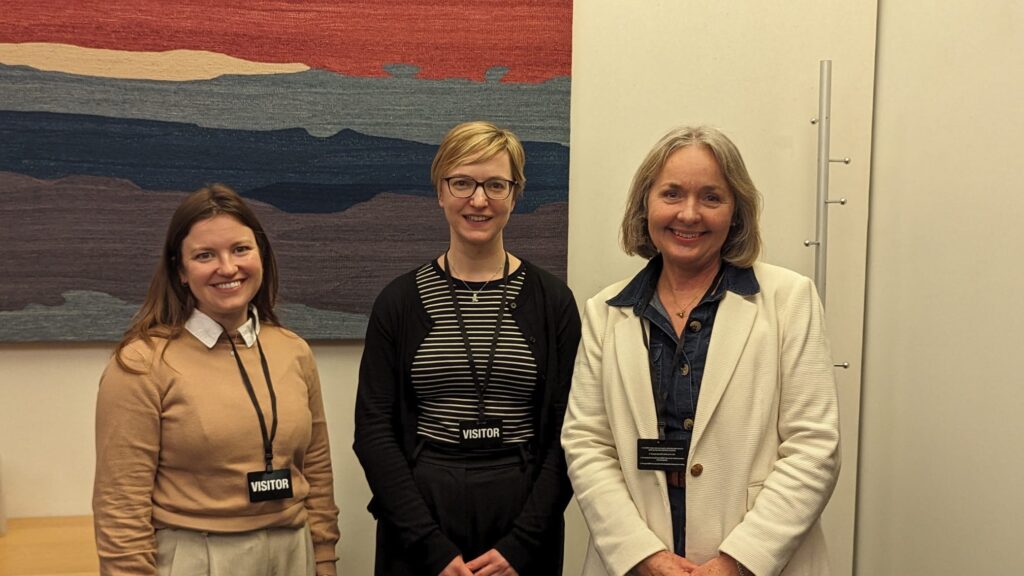International Women’s Day seemed the perfect opportunity to share an excerpt of a recent speech given by Sally Tsourkaris, General Secretary of The CSPA, to the Women and Work All Party Parliamentary Group at Portcullis House on Tuesday 27th February.
Sally’s speech covered a number of topics and we’re sharing a snippet here that focuses on pensions and the gap between the amount of women receive vs their male counterparts. While there have been large steps towards closing the gender pay gap, the facts and figures discussed in Sally’s speech show the impact of past inequalities and that there is still a long way to go.
The recent institute for fiscal studies report on ‘the gender gap in pension saving’ makes for sobering reading and realises something of our legacy from;
-
- a gender pay gap in the early 1980’s of 33% or more,
-
- Societal expectations of women’s primary role in caring for children and elderly relatives,
-
- An increased likelihood of part-time working and periods away from the workplace to look after children, and
-
- No auto-enrolment until October 2012.
It is perhaps unsurprising that women end up with an average pension pot of £69,000, whilst their male colleagues’ pensions are worth around £205,000 – almost three times as much!
The CSPA continues to campaign against the injustice of widows (and widowers) losing all of their civil service survivor pensions if they re-marry or co-habit with a new partner, and we have given evidence to this all-party parliamentary group on this issue, applicable to our members with pre-October 2002 service on the ‘classic’ civil service scheme.
Our colleagues at the national association of retired police officers sadly lost their recent legal appeal along similar lines relating to police survivor pensions for life.
We increasingly hear from CSPA members who have used their pension lump sum to assist their children onto the property ladder, or who have ended up – through changing family circumstances – in privately rented accommodation, themselves subject to an over-heated rental sector.
In my own experience – of both the private and public sectors – and working with unison members in local government services – the picture in terms of pension entitlements accumulated elsewhere is bleak as well.

In the mid-1990’s, I was told by a corporate employer that their pension policy prevented this entitlement from being offered to part-time employees (commonly women), and this was also prevalent in public sector pension schemes before the 1990’s…
We fool ourselves if we believe that auto-enrolment has done much to improve things for the many women who keep our schools, care homes, cleaning, catering and other such public services ticking over.
Many of the pension schemes they are being opted into by their out-sourced employers are simply inadequate, being run on the basis of minimal contributions.
Whilst working with unison members in these sectors, the majority of whom were women on or just above the minimum living wage, I found many immediately choosing to opt out of the pension schemes they were auto enrolled into (where they earned enough for auto-enrolment to apply), as they did not believe they could afford it on low wages.
Worryingly, many people fail to check their state pension forecasts (38% of retirees haven’t), and some of these women will also end up with insufficient years of national insurance contributions by the time they reach the state pension age.
Workers in their 50’s and 60’s, who may have realised that they are likely to end up with a pension shortfall, also experience difficulty in staying in work, or find they struggle to return to employment once they have been out of work.
My career path has meandered in response to the changing needs of my own family, but i am fortunate to spend these past few years, as I near my sixties, earning sufficient to support my children through university and build up some modest savings.
We cannot know what challenges await us individually, but what we do know is that we have to support each other as women as we journey towards later life.
Whilst many may have no choice but to stay on in paid employment, and others may wish to continue to contribute to society in this way, we are conscious that employers must be encouraged, reminded and/or compelled to consider our needs as we;
-
- May become less confident in the use of it, and less adept at learning to work within new systems,
-
- May begin to suffer increasingly from long-term ill health conditions, and
- May need time off to provide care and support for family members (be they our parents, partners, children or grandchildren), But (!), crucially, we can offer younger colleagues an invaluable source of experience-based advice and wisdom…
In the workplace – and as a society – we must promote the valuable contributions older people have to make and not think of those in later life as some sort of cost, or burden, to be carried by younger workers.






